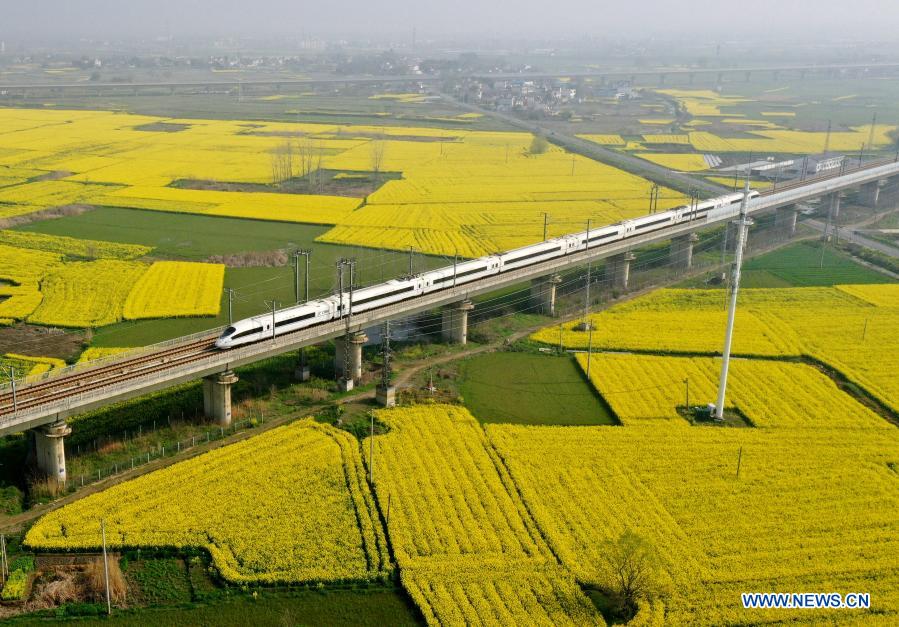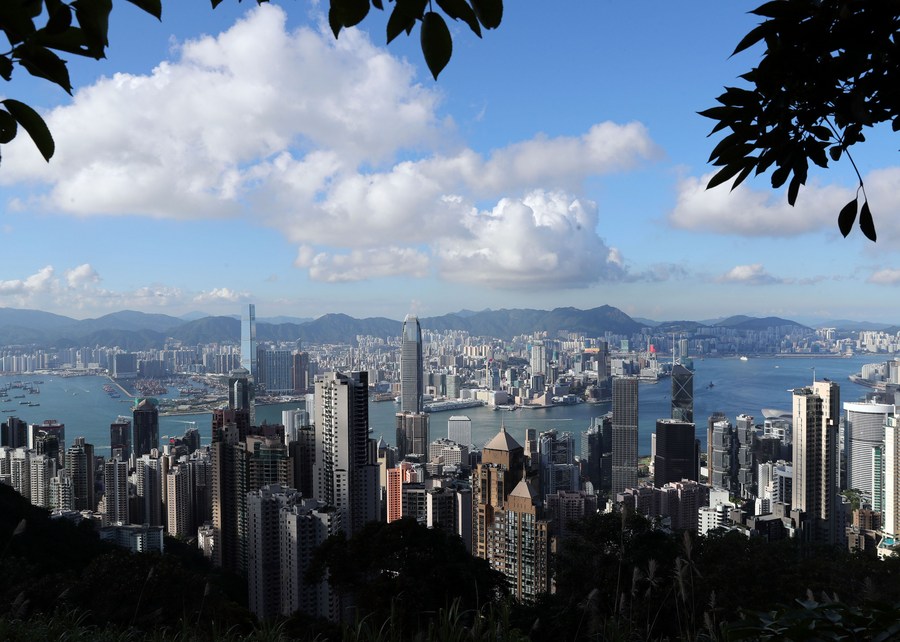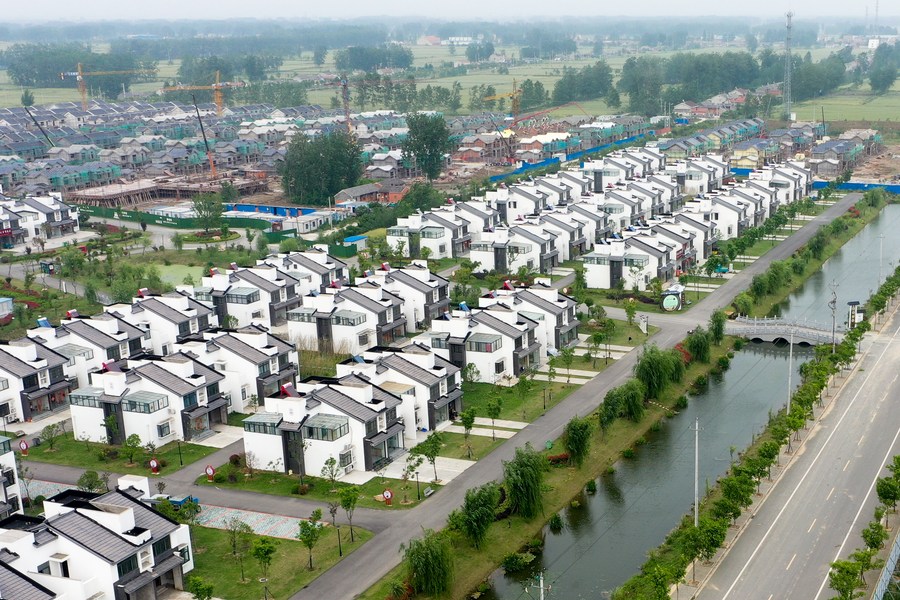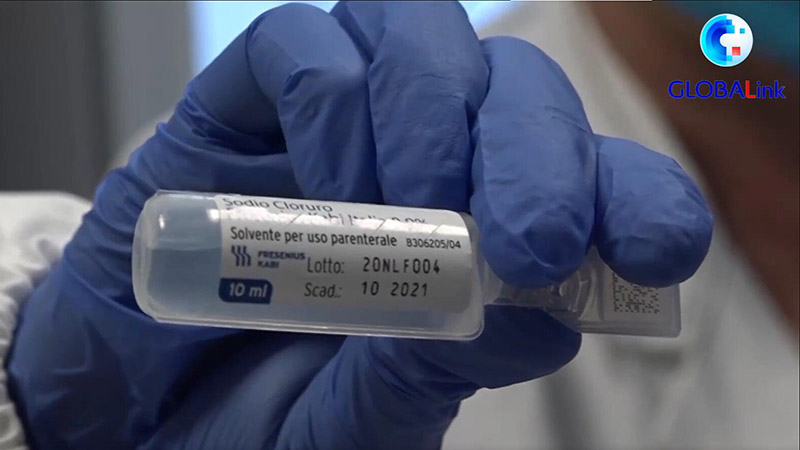LHASA, March 14 -- Zhou Huayong, 45, has been running a porcelain shop in southwest China's Tibet Autonomous Region for 15 years. He surely knows the importance of porcelain in Tibetans' daily lives.
"The cups for drinking buttered tea are the most popular products, and those for drinking sweet tea are becoming more and more delicate," said Zhou, who is from Jingdezhen, an eastern Chinese city known as the "porcelain capital."
Since ancient times, batches of porcelain transported along the ancient Tea Horse Road to the Tibetan plateau have become a strong witness to the ever-increasing cultural exchanges between the Han and Tibetan ethnic groups.













